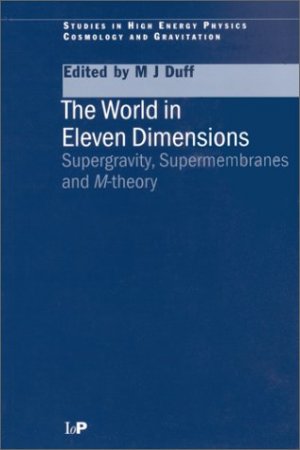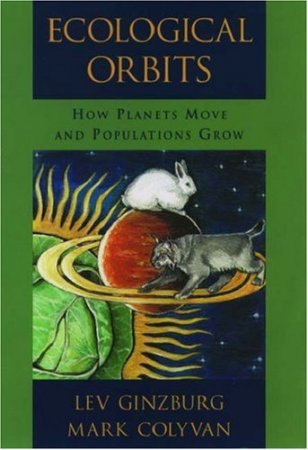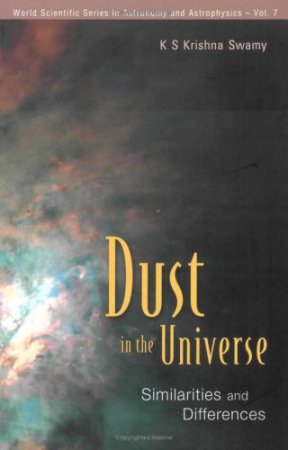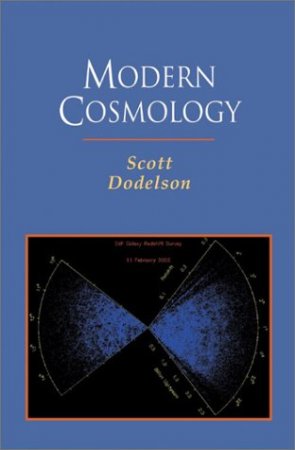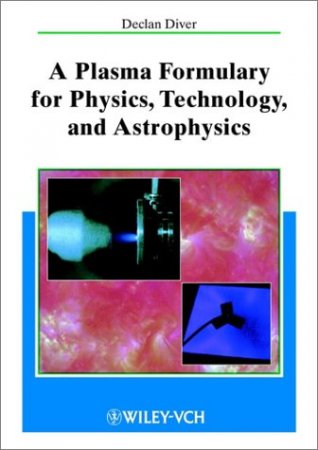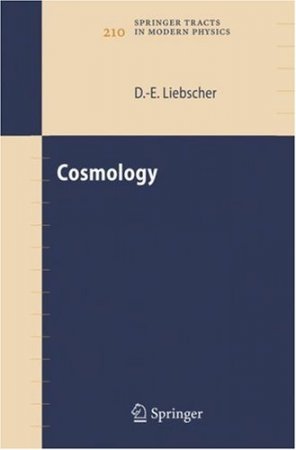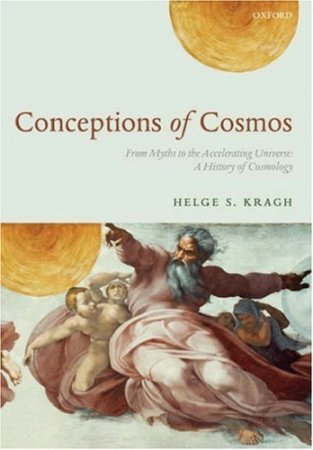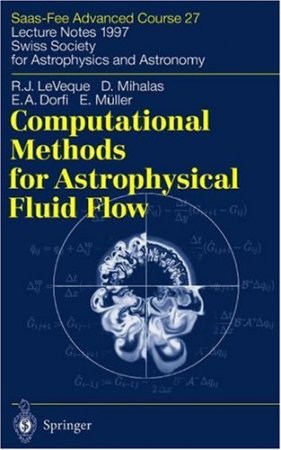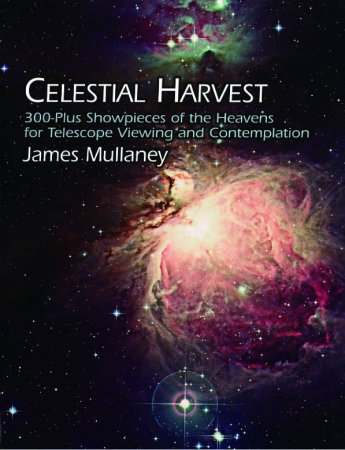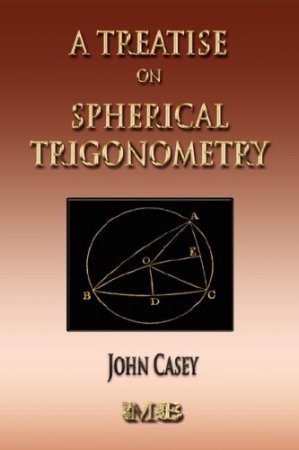НавигацияАрхив новостейСтатистика |
The World in Eleven Dimensions: Supergravity, supermembranes and M-theoryA unified theory embracing all physical phenomena is a major goal of theoretical physics. In the early 1980s, many physicists looked to eleven-dimensional supergravity in the hope that it might provide that elusive superunified theory. In 1984 supergravity was knocked off its pedestal by ten-dimensional superstrings, one-dimensional objects whose vibrational modes represent the elementary particles. Superstrings provided a perturbative finite theory of gravity which, after compactification to four spacetime dimensions, seemed in principle capable of explaining the Standard Model. Despite these major successes, however, nagging doubts persisted about superstrings. Then in 1987 and 1992 the elementary supermembrane and its dual partner, the solitonic superfivebrane, were discovered. These are supersymmetric extended objects with respectively two and five dimensions moving in an eleven-dimensional spacetime. Over the period since 1996, perturbative superstrings have been superseded by a new nonperturbative called M-theory, which describes supermembranes and superfivebranes, subsumes string theories, and has as its low-energy limit, eleven-dimensional supergravity. M-theory represents the most exciting development in the subject since 1984 when the superstring revolution first burst on the scene. The first book devoted to M-theory, The World in Eleven Dimensions: Supergravity, Supermembranes and M-Theory brings together seminal papers that have shaped our current understanding of this eleven-dimensional world, from supergravity through supermembranes to M-theory. Each chapter includes commentaries intended to explain the importance of these papers and to place them in a wider perspective. Each chapter also has an extensive bibliography. The book is of interest to researchers and postgraduate students in particle physics, mathematical physics, gravitation, and cosmology. Ecological Orbits: How Planets Move and Populations GrowA famous ecologist offers a fresh new approach to population biology and ecology. Challenging the traditionally accepted Lotka-Volterra model, which is based on predator-prey interactions, this new model emphasizes maternal effects, specifically the significance of a mother's interest in the success of her female offspring. Dust in the Universe: Similarities And DifferencesThe comprehensive study presented in this book provides a much needed critical analysis of different types of dust in the universe. The information derived from presolar grains from comets, meteorites and interplanetary dust particles as well as the relevant laboratory studies are discussed. This should help in our goal of understanding the evolution of dust with cosmic time. Modern CosmologyModern Cosmology begins with an introduction to the smooth, homogeneous universe described by a Friedman-Robertson-Walker metric, including careful treatments of dark energy, big bang nucleosynthesis, recombination, and dark matter. From this starting point, the reader is introduced to perturbations about an FRW universe: their evolution with the Einstein-Boltzmann equations, their generation by primordial inflation, and their observational consequences. These consequences include the anisotropy spectrum of the cosmic microwave background (CMB) featuring acoustic peaks and polarization, the matter power spectrum with baryonic wiggles, and their detection via photometric galaxy surveys, redshift distortions, cluster abundances, and weak lensing. The book concludes with a long chapter on data analysis. Plasma Formulary for Physics, Technology and AstrophysicsPlasma physics has matured rapidly as a discipline, and now touches on many different research areas, including manufacturing processes. This collection of fundamental formulae and definitions in plasma physics is vital to anyone with an interest in plasmas or ionized gases, whether in physics, astronomy or engineering. Both theorists and experimentalists will find this book useful, as it incorporates the latest results and findings. The text treats astrophysical plasmas, fusion plasmas, industrial plasmas and low temperature plasmas as aspects of the same discipline - a unique approach made possible by the abbreviated nature of a formulary. Cosmology (Springer Tracts in Modern Physics)Cosmology deals with the current state of thinking about the basic questions at the center of the field of cosmology. More emphasis than usual is put on the connections to related domains of science, such as geometry, relativity, thermodynamics, particle physics, and - in particular - on the intrinsic connections between the different topics. The chapters are illustrated with many figures that are as exact as currently possible, e.g. in the case of geometry and relativity. Readers acquire a graduate-level knowledge of cosmology as it is required to understand the cosmological impact of their particular research topics, as well as an introduction into the current research in the field. Conceptions of Cosmos: From Myths to the Accelerating Universe: A History of CosmologyThis book is a historical account of how natural philosophers and scientists have endeavored to understand the universe at large, first in a mythical and later in a scientific context. Starting with the creation stories of ancient Egypt and Mesopotamia, the book covers all the major events in theoretical and observational cosmology, from Aristotle's cosmos over the Copernican revolution to the discovery of the accelerating universe in the late 1990s. It presents cosmology as a subject including scientific as well as non-scientific dimensions, and tells the story of how it developed into a true science of the heavens. Contrary to most other books in the history of cosmology, it offers an integrated account of the development with emphasis on the modern Einsteinian and post-Einsteinian period. Starting in the pre-literary era, it carries the story onwards to the early years of the 21st century. Computational Methods for Astrophysical Fluid Flow: Saas-Fee Advanced Course 27This book leads directly to the most modern numerical techniques for compressible fluid flow, with special consideration given to astrophysical applications. Emphasis is put on high-resolution shock-capturing finite-volume schemes based on Riemann solvers. The applications of such schemes, in particular the PPM method, are given and include large-scale simulations of supernova explosions by core collapse and thermonuclear burning and astrophysical jets. Parts two and three treat radiation hydrodynamics. The power of adaptive (moving) grids is demonstrated with a number of stellar-physical simulations showing very crispy shock-front structures. Celestial Harvest: 300-Plus Showpieces of the Heavens for Telescope Viewing and ContemplationThis book describes more than 300 of the finest celestial wonders that can be viewed with common "backyard" telescopes. The sun, moon, and planets in the Earth's solar system, as well as such brighter asteroids are described and their positions given, as are open star clusters, supernova remnants, and a host of other phenomena. |
ПопулярноеКалендарь
ОпросОцените дизайн сайта
Немного рекламы |
|||||||||||||||||||||||||||||||||||||||||||||||||
